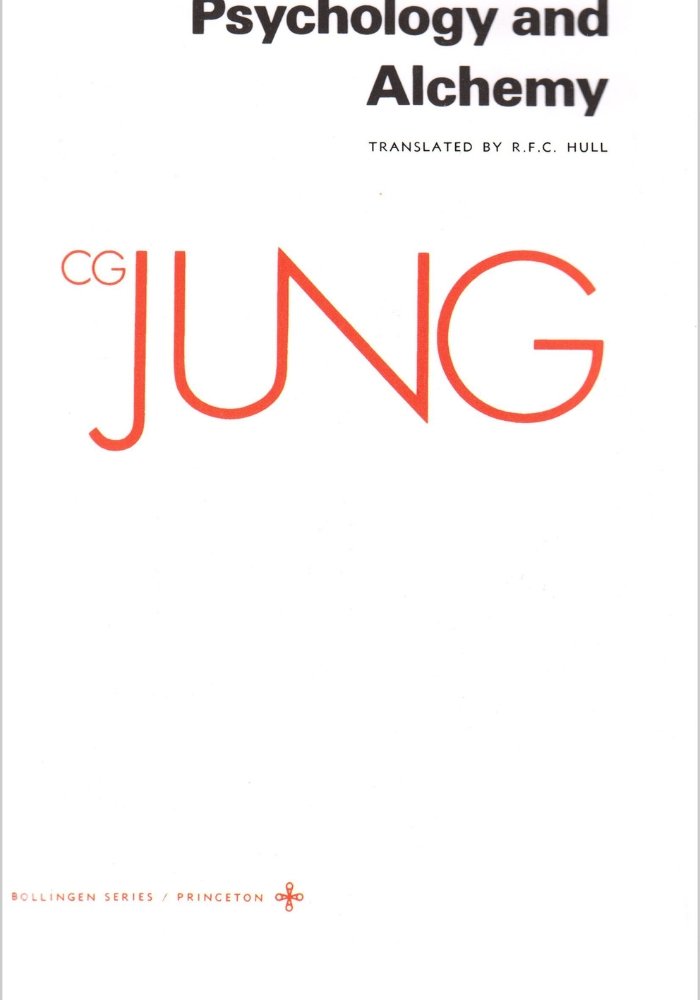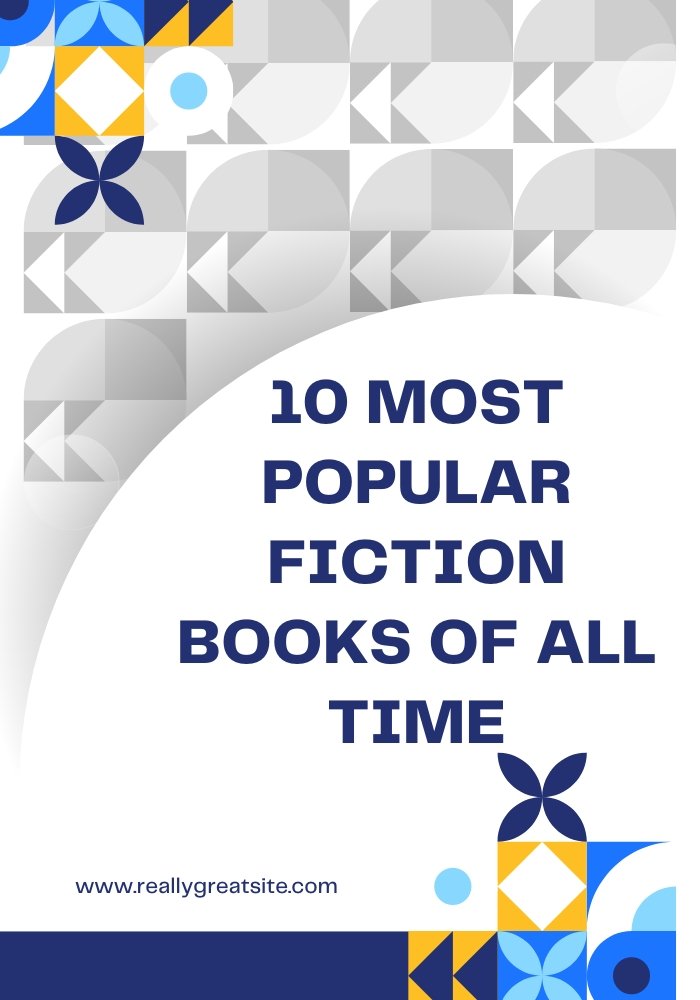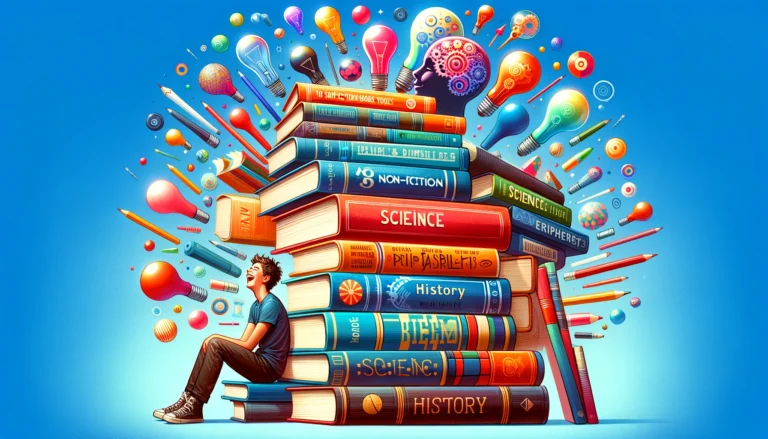Introduction
Picking up Carl Gustav Jung’s *Aion: Researches into the Phenomenology of the Self* was more like plunging into profound waters than merely reading another book. Jung, often paired with Freud, leads us into a mystical understanding that transcends conventional psychoanalysis. In *Aion*, he deftly blends psychology, spirituality, and our collective subconscious, presenting a compelling examination of the human mind. This blog post explores how *Aion* challenged my views on self, archetypes, and the path to individuation, aiming to offer similar insights to its readers.
Simplifying Jung: The Core Concepts
At its core, Aion encourages a comprehensive exploration of our psyche, urging us to integrate shadow aspects into our conscious awareness. Here’s a clearer perspective on Jung’s key concepts:
The Concept of the Self: The psyche can be likened to a solar system with the Self at its center. This concept extends beyond mere self-awareness to include the vast, often unexplored depths of our unconscious. This holistic view prompts us to delve beyond our surface identities, exploring the deeper layers of our psyche that significantly influence our life.
Archetypes and the Collective Unconscious: Jung introduces archetypes as fundamental elements shaping our psyche. These universal themes and figures not only sculpt our individual dreams and myths but also mold societal roles and cultural narratives, impacting everything from personal desires to communal values.
The Significance of the Historical Jesus: By depicting Jesus as a symbol of unity between divine and human elements, Jung illustrates how embracing such integration can enhance our understanding of both self and society, fostering a more profound personal and collective consciousness.
The Age of Aquarius: Jung heralds the Age of Aquarius as a transformative era in collective consciousness, suggesting it will redefine our concepts of community and ethical frameworks, and enhance global connectivity.
Individuation and Transformation: Individuation is presented as a lifelong journey towards achieving a unified and harmonious personal identity. It involves a continuous commitment to integrating the disparate parts of our psyche, fostering ongoing self-discovery and growth.
These refinements aim to make Jung’s profound insights both accessible and personally relevant, encouraging readers to reflect on their own psychological and spiritual development.
Through the Lens of Personal Reflection
Diving into *Aion* is like embarking on a psychological expedition, requiring patience and a torchlight to navigate its shadowy depths. My encounter with Jung’s exploration of archetypes provided a fresh perspective, particularly in recognizing these universal patterns in daily life. For instance, witnessing the Hero archetype in a mentor’s guidance or the Sage in a friend’s advice has profoundly shifted my understanding of interpersonal dynamics.
A poignant insight from Jung, “The privilege of a lifetime is to become who you truly are,” resonates deeply with me. This statement captures the essence of individuation and serves as a reminder that our most significant journey unfolds within the complexities of our psyche.
As I delve deeper into the layers of my own mind, I encourage you to ponder: What aspects of yourself remain unexplored? How might embracing these hidden facets alter your self-perception and life trajectory? Engaging with our shadow selves can illuminate our paths and enrich our personal narratives, inviting a transformative exploration of who we are and might become.
Applying Aion to Everyday Life
Taking Jung’s abstract theories off the page and into real life starts with confronting our shadow—those aspects of ourselves we’d rather not acknowledge. For instance, once I realized my tendency to dismiss criticism, I recognized it as a shadow trait. This acknowledgment pushed me to not only listen more but to engage more openly, significantly improving my relationships.
Individuation has become a guiding principle for me, symbolizing the embrace of my complexities and contradictions. For example, accepting that I can be both generous and selfish, or decisive and doubtful, allows me to live more fully, recognizing each trait as an integral part of my being.
This journey toward wholeness is lifelong and demands curiosity, courage, and compassion. As you navigate your path, consider the complexities within you that you might have overlooked. How can embracing these aspects, with all their contradictions, help you evolve into a more complete version of yourself? Engaging with this process actively can lead to profound self-discovery and personal growth.
Conclusion: A Gateway to Deeper Understanding
In closing, *Aion* transcends its boundaries as a mere book; it serves as a portal to a richer, more intricate understanding of our inner lives and the collective human tapestry. Jung challenges us, not with easy answers, but with the task of delving into the profound mysteries of our nature and the structure of our realities.
For the intrepid explorer of the psyche, *Aion* offers transformative insights that can radically alter our self-perception and expand our understanding of our place in the universe. It’s a call to adventure, urging us to redefine our identities and our cosmic significance.
As Jung himself insightfully noted, “Who looks outside, dreams; who looks inside, awakes.” Let’s dare to look within, to awaken to the vast potentials of our own depths. May this book be your companion on that enlightening journey to self-realization, inviting us all to be brave enough to awaken.






